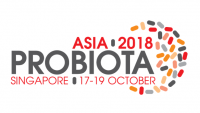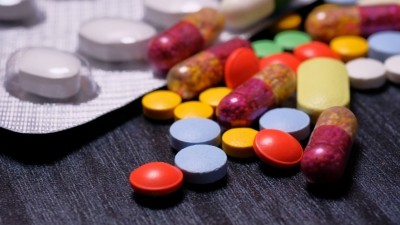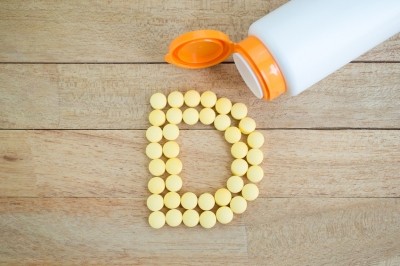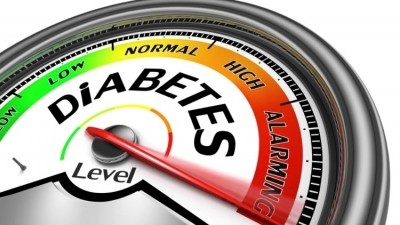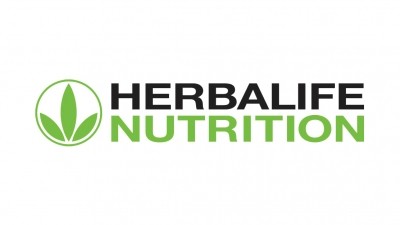Vitamin D beneficial not just to diabetic expectant mothers, but also their offspring: Iranian review

The region's leading probiotic and microbiome event — Probiota Asia — will get underway in Singapore this month with a stellar line-up of speakers, including the likes of Blackmores, Danone, Herbalife and Life-Space, set to take to the stage.
Researchers at Tabriz University of Medical Sciences conducted a review to examine the effects of vitamin D supplementation on maternal and neonatal health in the context of GDM.
Mothers need the D
Following a comprehensive systematic literature search in several electronic databases — such as the Cochrane Central Register of Controlled Trials, PubMed, EMBASE and ProQuest — they selected all RCTs and quasi-experimental studies comparing vitamin D supplementation with placebo or non-supplementation in women with GDM, including five RCTs involving 310 women in the meta-analysis.
The researchers reported significant differences in fasting plasma glucose, total cholesterol, LDL cholesterol, HDL cholesterol, high-sensitivity C-reactive protein (hs-CRP), and newborns' hyperbilirubinemia between the supplemented women and those who were given a placebo or not supplemented at all.
In three of the RCTs (involving a total of 223 participants), a statistically significant difference was observed in serum levels of total cholesterol, LDL cholesterol and HDL cholesterol in the GDM women on vitamin D supplementation, compared to the women taking a placebo.
Similarly, in two of the RCTs (with a total of 126 participants), a statistically significant difference was noted in the serum hs-CRP level of women with GDM taking vitamin D and those receiving a placebo.
When it came to the effect of maternal vitamin D supplementation on their offspring's health, two of the RCTs — involving 129 participants — found no statistically significant difference between the treatment and placebo groups in terms of the impact they had on the newborns’ hypoglycaemia.
With regards to the newborn's hyperbilirubinemia — a condition whereby bilirubin, produced by red blood cell breakdown, builds up excessively in the baby's blood, tissues and fluids, often causing jaundice — the researchers reported a statistically significant lower risk for the babies of mothers supplemented with vitamin D, compared to babies whose mothers were taking a placebo.
Vital exploration for vitamin supplementation
Still, they added that the review's main limitations were the high degree of heterogeneity among the studies included, as well as their small sample sizes and relatively short intervention durations, which they believed could have restricted their "capability to extract inferences on the effects of long-term vitamin D supplementation".
Furthermore, the limited number of studies in the meta-analysis meant they could not perform sub-group analysis based on the supplemental dosages the participants had received.
They added that the systematic review and meta-analysis were "not generalisable to pregnant subjects with normal glucose metabolism or with normal 25(OH)D serum levels".
In conclusion, they wrote: "This systematic review and meta-analysis demonstrate that the supplementation of GDM women with vitamin D may lead to improvement in fasting plasma glucose, total cholesterol, LDL cholesterol, HDL cholesterol, and hs-CRP serum levels, as well as newborns' hyperbilirubinemia, but did not affect insulin and triglyceride serum levels, HOMA-IR, and newborns' hypoglycemia.
"However, the potential benefit is evident regardless of dose. Considering the low serum level of 25(OH)D in women in the included studies, it is possible that these women benefit more from vitamin D supplements.
"Therefore, it seems that investigating Reference Daily Intake (RDI) of vitamin D for these women during pregnancy through further studies is necessary.
"This is particularly important because management of gestational diabetes with medications, such as metformin, is intricate by the hazards related to trans-placental transmission and probable detrimental impacts on foetal evolvement and / or upcoming neonate well-being."
Source: Annals of Nutrition & Metabolism
https://doi.org/10.1159/000491643
"Maternal and Neonatal Metabolic Outcomes of Vitamin D Supplementation in Gestational Diabetes Mellitus: A Systematic Review and Meta-Analysis"
Authors: Fatemeh Jahanjoo, et al.
